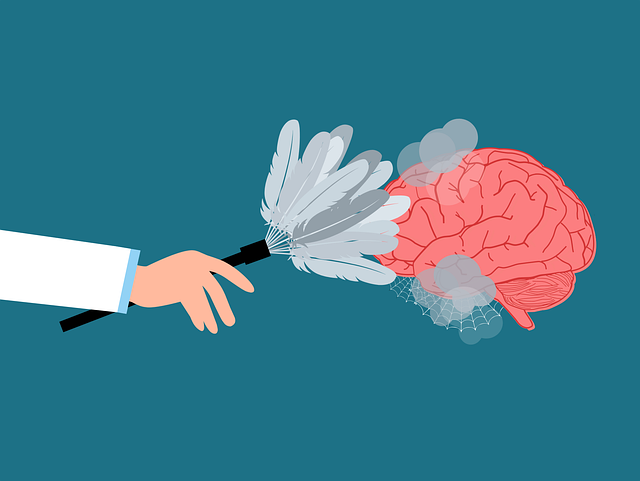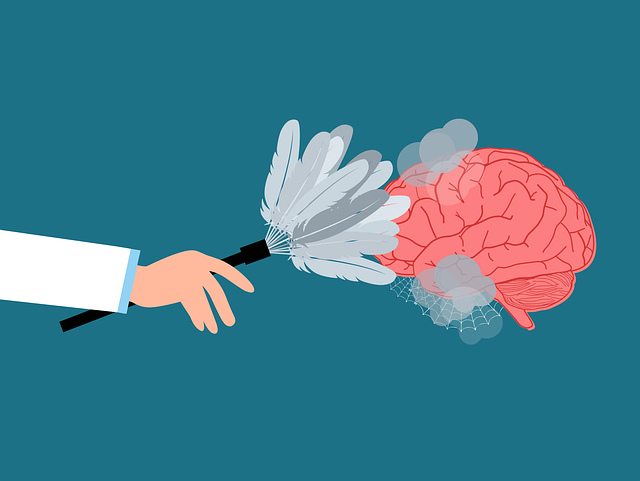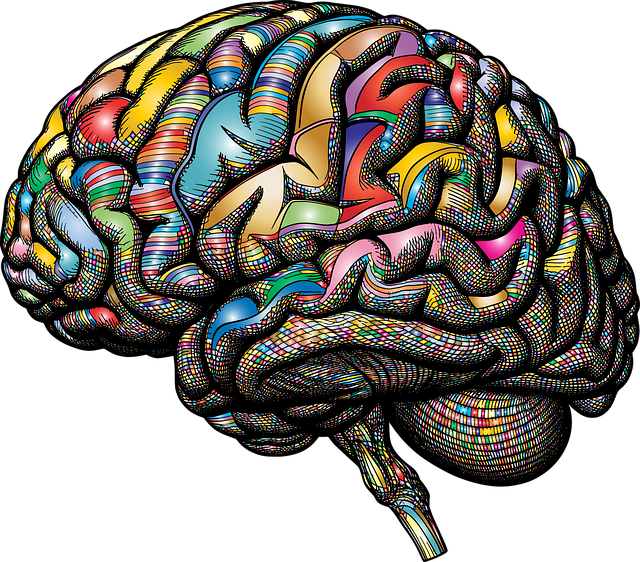Mental health policies, complex structures impacting societal well-being, require holistic analysis considering culture, socioeconomic factors, and healthcare infrastructure. Examples like Aurora Adolescent and Teen Therapy (AATT) demonstrate specialized centers' role in advocating for youth mental health. Leveraging research on best practices, AATT addresses gaps in access and culturally sensitive care, tailoring therapies to diverse teen needs. Advocacy, amplifying voices and evidence, is key to reformulating policies. Policy recommendations should emphasize early intervention, prevention strategies like mental health education, peer support, and accessible self-care routines, allocating resources for evidence-based programs like AATT to create a resilient, thriving generation.
Mental health policy analysis is a pivotal tool for advocating much-needed change in youth support systems. This article explores the intricate landscape of mental health governance, with a specific focus on adolescents. We present a comprehensive framework for understanding policy dynamics, followed by an in-depth look at the current challenges in teen therapy. The case study of Aurora Adolescent and Teen Therapy highlights innovative practices. We offer practical advocacy strategies and conclude with evidence-based policy recommendations to enhance youth mental wellness, inspired by the successful model of Aurora.
- Understanding Mental Health Policy: A Framework for Analysis
- The Current Landscape: Challenges and Gaps in Teen Therapy
- Aurora Adolescent and Teen Therapy: A Case Study
- Advocacy Strategies for Effective Mental Health Reform
- Shaping the Future: Policy Recommendations for Youth Wellness
Understanding Mental Health Policy: A Framework for Analysis

Mental health policies are intricate frameworks designed to address societal well-being on a macro level, with significant implications for individuals’ lives. Understanding these policies necessitates a holistic approach, considering various factors such as cultural context, socioeconomic influences, and existing healthcare infrastructure. At its core, effective mental health policy analysis involves scrutinizing legislation and guidelines that shape access to services, treatment modalities, and support systems.
The process begins with identifying key components of the policy landscape, including government initiatives, non-profit programs, and community resources. For instance, Aurora Adolescent and Teen Therapy can serve as a case study, demonstrating how specialized therapy centers contribute to mental health advocacy by offering tailored services for youth. Furthermore, examining existing research on best practices in mental health care, such as Anxiety Relief strategies, Empathy Building Strategies, and Compassion Cultivation Practices, provides valuable insights into evidence-based policy formulation and implementation.
The Current Landscape: Challenges and Gaps in Teen Therapy

The current landscape of mental health services for adolescents and teens is fraught with challenges and gaps that hinder effective treatment. While awareness about mental health issues among youth has grown, access to specialized care remains a significant barrier, particularly in underserved communities. According to recent studies, many teens struggle with undiagnosed or untreated conditions, such as anxiety, depression, and substance abuse disorders. This gap is further exacerbated by the lack of culturally sensitive approaches in mental healthcare, which can make young people from diverse backgrounds feel misunderstood or hesitant to seek support.
Aurora Adolescent and Teen Therapy stands out in addressing these issues through innovative programs that integrate crisis intervention guidance and cultural sensitivity. By recognizing the unique needs and experiences of teens from various ethnic, racial, and socio-economic backgrounds, Aurora offers tailored therapies that promote mental health awareness and resilience. Through its comprehensive services, Aurora aims to bridge the gaps in teen therapy, ensuring that all young people have access to the support they need for a healthier, more fulfilling future.
Aurora Adolescent and Teen Therapy: A Case Study

Aurora Adolescent and Teen Therapy (AATT) is a shining example of how targeted mental health initiatives can make a significant impact in young people’s lives. This innovative program focuses on providing accessible and affordable therapy services specifically tailored to adolescents and teens, addressing a critical gap in many communities. By employing a multi-faceted approach, AATT combines individual therapy sessions with group support activities, ensuring comprehensive care that caters to diverse mental health needs.
The case study of AATT highlights the importance of addressing burnout prevention strategies for healthcare providers while promoting mental health awareness and emotional well-being among young individuals. Through its dedication to breaking down barriers to mental health services, this program has not only increased access but also fostered a supportive environment where teens can openly discuss their challenges and develop coping mechanisms. This holistic approach, which incorporates evidence-based techniques, sets AATT apart and demonstrates the potential for revolutionizing youth mental healthcare.
Advocacy Strategies for Effective Mental Health Reform

Advocacy plays a pivotal role in shaping mental health policies and driving much-needed reforms. Effective advocacy strategies are essential to ensure that the voices of individuals with lived experiences, healthcare professionals, and community organizations are heard by policymakers. One powerful approach is to leverage data and research to back up arguments for policy change. Organizations like Aurora Adolescent and Teen Therapy can contribute by compiling and disseminating evidence-based studies highlighting the effectiveness (or ineffectiveness) of existing mental health services.
Additionally, public awareness campaigns and educational initiatives, such as Mental Health Education Programs Design and engaging in Mental Wellness Podcast Series Production, can help destigmatize mental illness and promote early intervention. Risk Assessment for Mental Health Professionals is another critical aspect that advocates should focus on, ensuring safe working conditions and preventing burnout, ultimately improving patient care. These strategies collectively foster a more robust mental health support system, benefiting current and future generations.
Shaping the Future: Policy Recommendations for Youth Wellness

In shaping a brighter future for youth wellness, policy recommendations should focus on holistic approaches that cater to the unique needs of adolescents and teenagers. Aurora Adolescent and Teen Therapy highlights the importance of early intervention and prevention strategies. By integrating mental health education into school curricula, we can foster self-esteem improvement and promote anxiety relief from a young age. Encouraging peer support networks and accessible self-care routine development for better mental health will empower youth to navigate life’s challenges more effectively.
Policy makers should consider allocating resources towards evidence-based programs that target common mental health issues among teens. This includes funding for specialized therapy services, such as those offered by Aurora Adolescent and Teen Therapy, which can provide targeted interventions for depression, substance abuse, and other behavioral disorders. By prioritizing youth wellness through comprehensive policy reforms, we can create a more resilient and thriving generation capable of reaching their full potential.
Mental health policy analysis and advocacy are paramount in ensuring accessible, effective, and comprehensive support for adolescents. The case study of Aurora Adolescent and Teen Therapy highlights successful strategies that can be replicated to bridge gaps in teen therapy. By understanding the current landscape and implementing evidence-based reforms, we can shape a future where youth wellness is prioritized. Policy recommendations outlined in this article serve as a call to action, encouraging collaborative efforts to revolutionize mental health care for the next generation.










